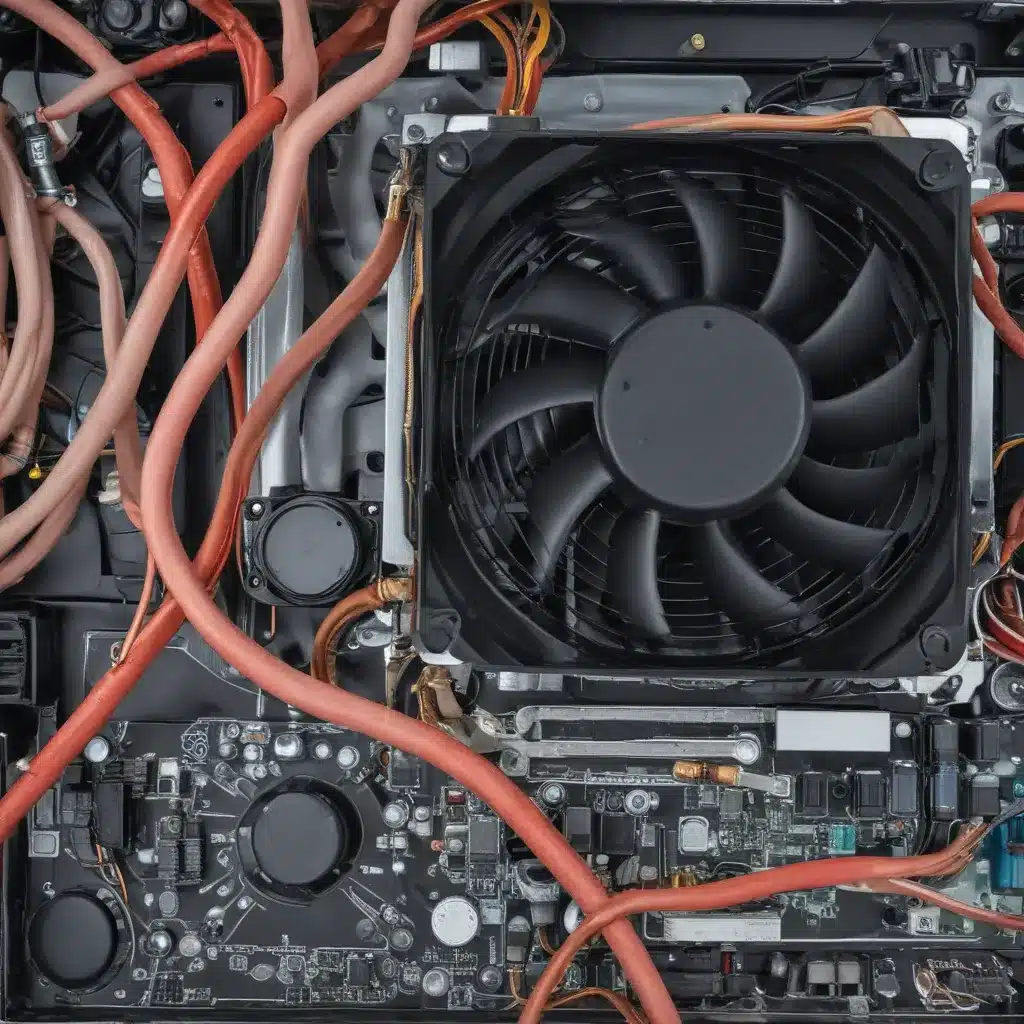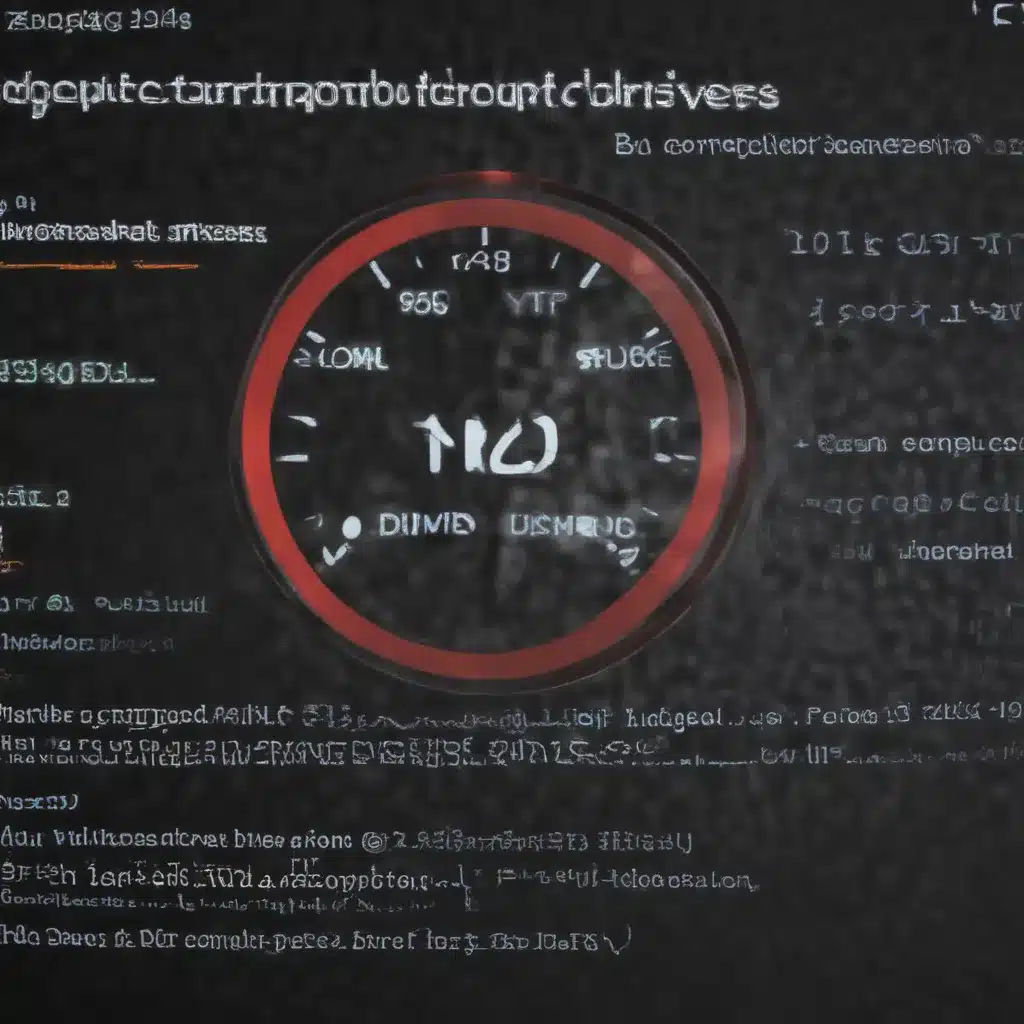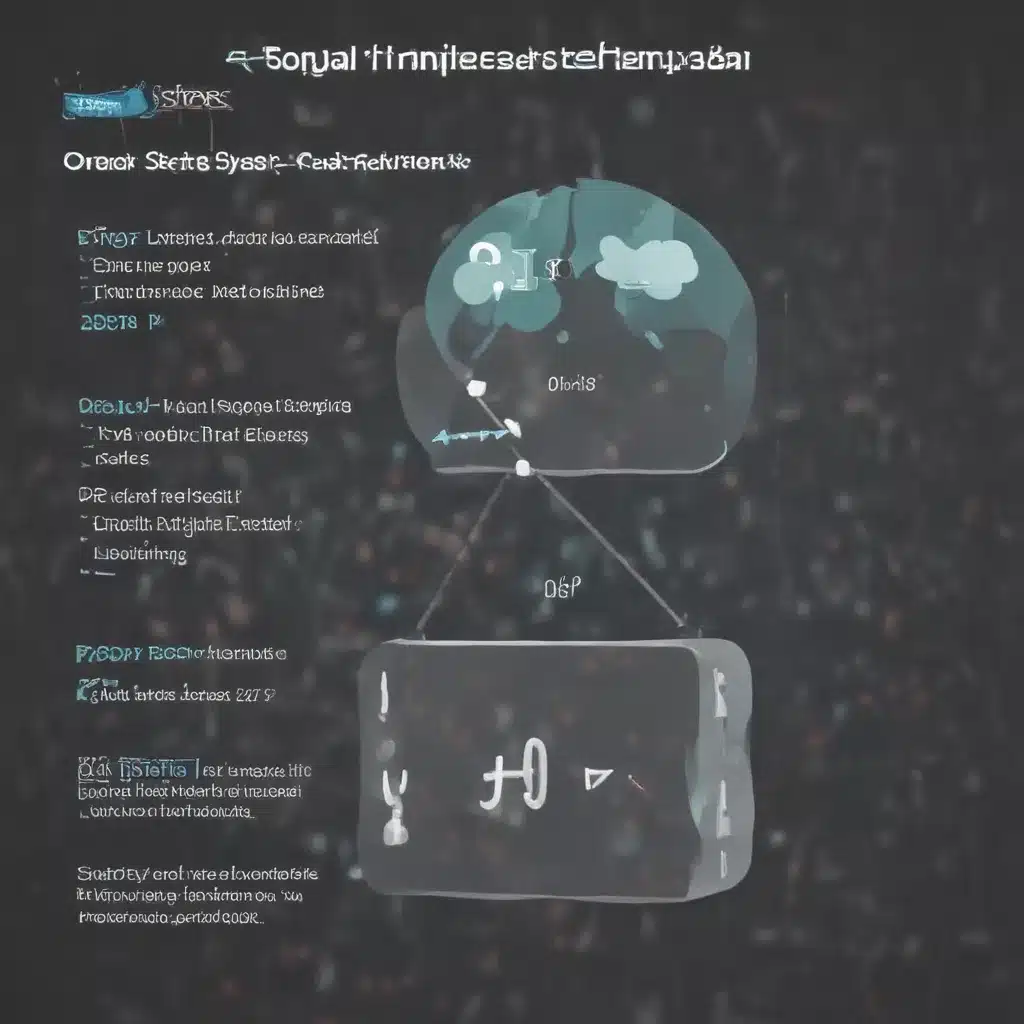In recent years, machine learning and artificial intelligence have emerged as potentially transformative technologies. However, many experts believe these advanced technologies remain inaccessible or unusable for most people and organizations. As we approach 2024, making machine learning and AI more democratic – that is, making them more inclusive, participatory, transparent, and accountable – could enable wider access and better outcomes.
Challenges With Current Machine Learning and AI
Machine learning and AI currently face several challenges that limit democratic access and participation:
Requirements for Technical Expertise
- Building, training, and deploying machine learning models requires considerable technical expertise in areas like computer programming, statistics, and data science. The skills needed are scarce and concentrated in a relatively small number of technology companies and research labs. This limits who can create and innovate with AI.
Data and Compute Resource Requirements
- Developing accurate and robust machine learning models often requires massive datasets and extensive computing power for training. Accessing or generating sufficient data and compute can be prohibitively expensive for many organizations. This restricts machine learning and AI to well-resourced entities.
Intransparency of Models
- The complex, multilayered neural networks behind many machine learning models are often treated as ‘black boxes’ even by their creators. It is difficult to explain or audit how these models arrive at outputs. This makes identifying unwanted biases and errors challenging.
Lack of Model Portability
- Deploying and maintaining performant machine learning models requires specific software environments, libraries, frameworks and hardware accelerators like GPUs. It is hard to transfer models between contexts. This can limit decentralization and broader use.
Improving Access and Participation
To democratize machine learning and AI by 2024, both cultural and technical shifts are needed:
Promoting Responsible AI Mindsets
- Organizations deploying AI must value transparency, accountability, and inclusivity. AI ethics training can promote responsible mindsets among data scientists and technologists. More diverse teams and stakeholders should participate in AI development, considering social impacts.
Simplification and Standardization
- Initiatives like Google’s AutoML and open standards like ONNX aim to simplify and standardize deployment of models. This enables more universal utilization of AI innovations by minimizing need for specialized expertise or resources.
Explainable and Trustworthy AI
- Emerging techniques in ‘explainable AI’ illuminate how otherwise opaque models arrive at outputs. New algorithms and testing procedures also help evaluate model trustworthiness. Such advances can make AI more transparent and understandable for broader audiences.
Decentralized Models and Federated Learning
- Distributed machine learning approaches like federated learning train models using data stored across decentralized nodes, without central data aggregation. This increases privacy protection and allows for more collaborative, peer-to-peer development of machine learning models.
Democratized Data Creation and Sharing
- Grassroots data collection and sharing initiatives such as Data for Black Lives generate more representative training data for machine learning, counteracting historical biases. Decentralized data marketplaces also widen data access.
The Path Forward
Achieving more participatory, decentralized AI by 2024 will require sustained efforts across public, private and social sectors. Responsible regulation can encourage accountability and accessibility. Wider deployment of machine learning operations (MLOps) tooling, cloud-based development environments, and open educational resources can also lower barriers to entry. However, realizing the full democratization of AI ultimately depends on building diverse communities committed to safe, ethical and empowering technology.













